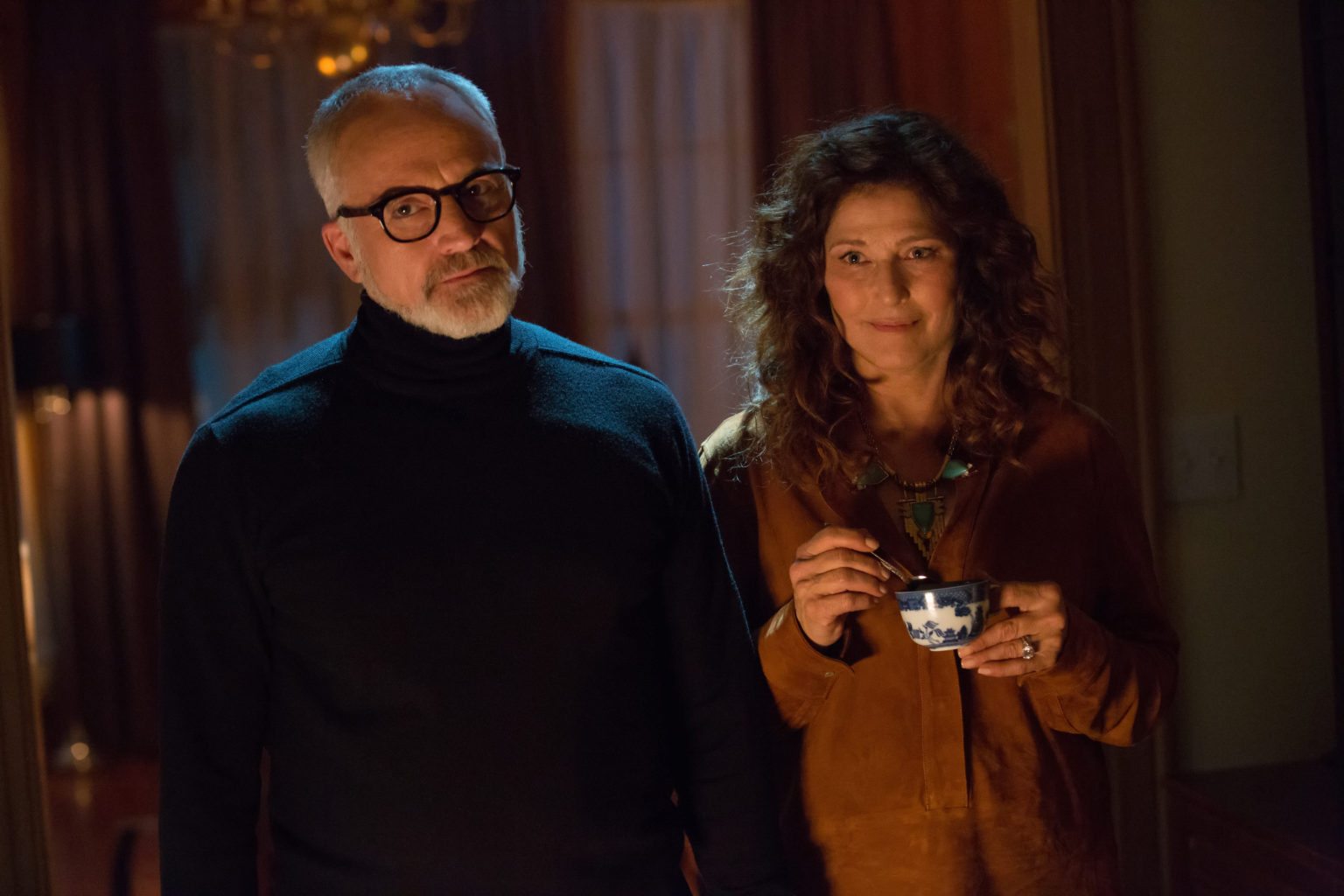Is ‘Get Out’ successful in its genre mash-up?
Get Out is an amalgamation. Part horror, part satire, part meet-the-family awkward comedy, it attempts an ambitious balancing act. In the film ,we find director and screenwriter Jordan Peele juggling both genres.
If you managed to see Get Out without being exposed to the media hype, you might have been expecting an out-and-out horror. The film was marketed with a heavy emphasis on its horrific elements: there are a few jump-worthy scares in the trailer which don’t actually appear in the theatrical cut. This is probably because horror films are bafflingly popular. I say baffling because, between Paranormal Activity 17 and Definitely Not The Exorcist Again, the scariest thing about horror films these days is the state of the industry itself.
In contrast, it feels like the satire genre has been dormant for decades, and Get Out should be commended for a successful resuscitation. Its caustic dissection of the subtleties of racial tensions in contemporary America has been met with universal acclaim. It does not end racism in film, which is what some (ironically white, liberal) media outlets seem to be suggesting. It does what satire is supposed to do: it forces us to re-assess our own behaviours by revealing their inherent stupidity.
As with most effective horror flicks, the build-up to the scares is slow, and it is here that the film works with precision and verve. However, as it progresses, some of its contradictory elements begin to jar, which occasionally diminishes the themes being addressed. Having worked so hard to expose casual racism in a white community, Get Out promptly invalidates it by revealing the outright racism of the community’s psychopathic obsession. In a way, their casual racism is excused; overwritten. It separates the wealthy liberals on screen from the ones in the audience. While there are many white people who would proudly tell a black person how much they love Obama, most of them would draw the line at transracial brain surgery.
There’s also the issue of Chris’s friend Rod, a comic relief character who’s so genuinely funny that it actually distracts from the horror. And once the horror itself really kicks in, it’s just not up to scratch. The setting is clichéd, and many of the nuanced characters are reduced to one-dimensional horror stereotypes who are dispatched with such speed that the final scenes feel anticlimactic. Peele originally conceived a much bleaker ending (look it up), which would’ve capped the film on a more appropriately poignant note. It is far from a bungled mixture of disparate elements, but it’s worth mentioning that other films have balanced the same genres with greater aplomb. If you’re looking for more scares, laughs, and an accurate portrayal of racial tensions, I’d recommend the criminally underrated Attack the Block.
Despite its occasionally jarring tone, Get Out is undoubtedly entertaining, and it’s the performance of leading man Daniel Kaluuya which ensures that the balancing act is successful. Make no mistake, the commercial and critical success of a film like Get Out is as significant as the themes within it. Not only should it provide the industry with a much-needed shot of adrenaline, it will hopefully encourage producers to invest in more original and innovative concepts.
It’s far from perfect, and the scope of its ambitions reduce some of its impact. But as an original concept which provides an insightful critique of its audience, Get Out is as important as films get.

Comments